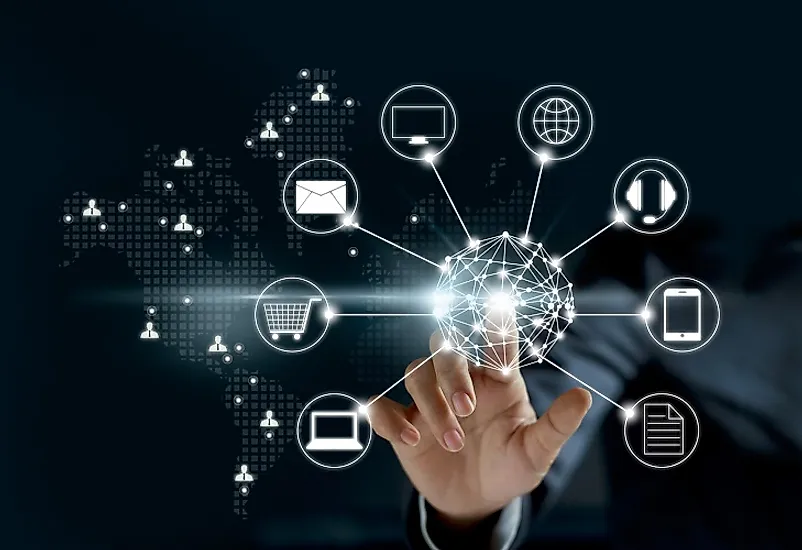What Was The Digital Revolution?
The Digital Revolution Defined
The Digital Revolution began between the late 1950’s and 1970’s. It is the development of technology from mechanical and analog to digital. During this time, digital computers and digital record keeping became the norm. The introduction of digital technology also changed the way humans communicate, now via computers, cell phones, and the internet. This revolution led way to the Information Age.
Historical Development Of Digital Technology
The 1947 invention of the revolutionary transistor is credited with sowing the seed for digital technology to come. By the 1950’s and 1960’s, many governments, military forces, and other organizations were already using computers. Soon after, the computer was introduced for household use and by the 1970’s, many families had computers for personal use. This occurred at around the same time that video games became popular, both for home systems and arcade use. The infiltration of digital technology even led to the creation of jobs. As businesses moved to digital records keeping, the need for data entry clerks grew. The 1980’s brought computer production to films, robots to industry, and automated teller machines (ATMs) to banks. By 1989, 15% of all households in the US owned a computer. Analog mobile phones made way to digital mobile phones in 1991 and the demand soared. This was the same year that the internet was made available to the public. By the end of the decade, the internet was so popular that many businesses had a website and nearly every country on earth had a connection. When the 21st century began, cell phones were a common possession and high-definition television became the most common broadcasting method, replacing analog television. By 2015, around 50% of the world had constant internet connection, and ownership rates of smartphones and commonness of tablet possession have nearly surpassed those of home computers. The ability to store information has grown exponentially with terabyte storage now being very accessible.
The Digital Revolution has also led to several invention becoming obsolete. Some of these now antiquated devices include analog radio, the fax machine, VHS tapes, typewriters, mail correspondence (with the exception of packages), telegrams, and even landline phones to a certain degree.
Societal Impacts
Without question, the Digital Revolution has resulted in broad social impacts and widespread lifestyle changes. It has increased and improved the ability to communicate and find important information. Additionally, it has made globalization possible which has, in turn, resulted in more effective and efficient business productivity. Unfortunately, many people believe that the Digital Revolution has decreased personal privacy, diluted professional journalism, and made separating personal and professional life more difficult.
What The Digital Future Holds
While some experts claim that the world has moved out of the Digital Revolution and into the Information Age, others believe that the Digital Revolution has only just begun. The argument behind this is that these digital advances are now changing the industrial sector. Areas such as three-dimensional (3D) printing and computer design are constantly advancing contributions to science, particularly in the area of robot design. Some of these robots now work with humans and some organizations work with only robots! While that may sound as if robots could replace humans in the near future, this technological advancement has actually increased manufacturing output. With digital inventions, on-line retail has also become very common. People constantly buy from on-line retailers and that trend is expected to continue growing. The Digital Revolution has just recently begun to have an impact on the medical industry as well. This will be particularly important to genomic medicine, the use of genetic information for personalized treatment plans. One thing is certain, the Digital Revolution has changed human lives, bringing with it both positive and negative aspects. These changes are only expected to continue growing in the future.


0 Comments